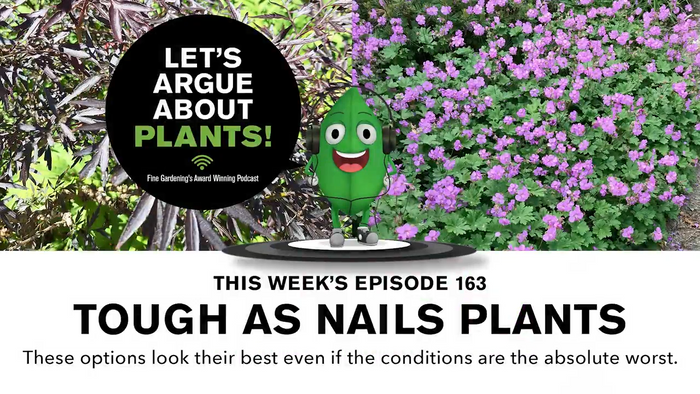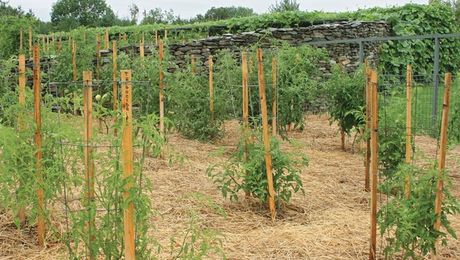
Someone recently told me because she lives alone, she naturally expects a certain amount of lettuce to go bad before she can use it up.
I don’t think that should be a natural expectation, do you?
Food waste is a big problem in this country, much more than most folks realize. I think vegetable gardeners do a better job than others when it comes to using their tomatoes, peppers, lettuce, herbs and other fresh produce because we know how much work it takes to grow them.
Still, the U.S. Department of Agriculture reports “31 percent – or 133 billion pounds – of the 430 billion pounds of the available food supply at the retail and consumer levels in 2010 went uneaten.” The USDA released the report in February 2014 using statistics from the most recent year the data was available.
Food waste isn’t only expensive and a waste of resources, it’s an environmental issue, too. The food that gets tossed out needs to be transported to landfills where it generates methane, a greenhouse gas more potent than carbon dioxide.
The mantra “reduce, reuse and recycle” applies as much to fresh foods as it does to other household items. In celebration of Earth Day 2015, here are 12 tips for preventing or reducing fresh food waste:
- Keep an emptier refrigerator with smarter planting and shopping. Grow or buy only the vegetables and fruits you know you’ll use or those that last longer with refrigeration like apples, kale and carrots.
- Keep produce (like broccoli, green beans and celery) fresher up to 4 days longer with a technique called heat shocking. Simply fill a large pot with hot tap water, submerge produce in the water for 3-5 minutes, then dry and store.
- Use peels and vegetable scraps to make a valuable stock for soup. Toss remnants onto the compost pile.
- Plan for longer harvests of lettuce with succession planting and keep plants shaded for a longer season.
- Store bananas in a cool basement to keep them from ripening too quickly. Separate each banana from the bunch. Peel, slice and freeze overripe bananas for making smoothies and baking banana breads.
- Shop with a list based on planned meals–and planned meals from leftovers–that make the most of fresh produce and fresh herbs (like cilantro); take the extra steps to preserve their fresh flavor.
- Freeze leftover dabs of spaghetti sauce to use as sauce for homemade pizza.
- Wrap onions in foil and place in the vegetable crisper to extend the onion’s life.
- Chop and freeze leftover ginger to use for quick stir-fry meals.
- Squeeze juice from over-ripe lemons, limes and watermelons, fill ice cube trays and freeze. Remove from freezer and use like fresh juice.
- Save leftover cooked vegetables to puree and use as a base for soup.
- Consider using foods with dates past their “use by” and “sell by” dates; items are still safe to eat, but texture and taste may be affected. Follow “expiration” dates because that packaging date is related to food safety.
What tips do you have to reduce or prevent food waste? Please share your ideas here.


















Comments
Log in or create an account to post a comment.
Sign up Log in